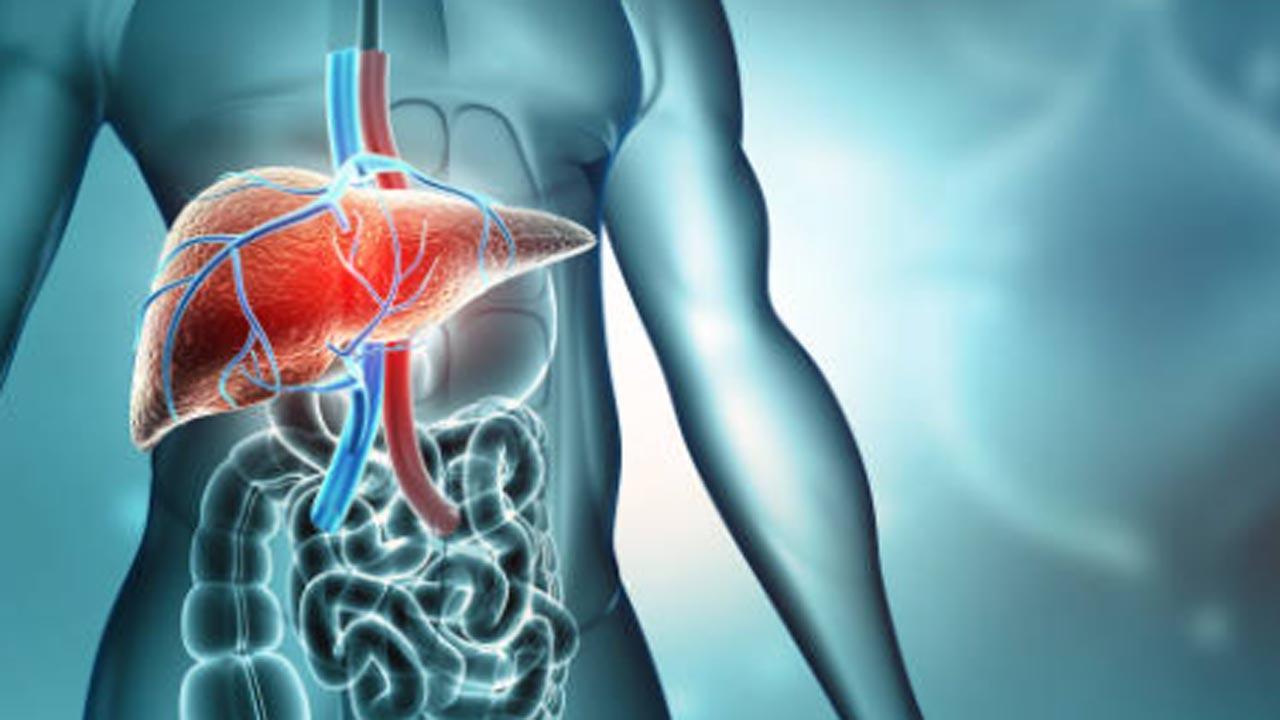Researchers suggest necessary changes to diet and exercise regime that prevent disease progression into the more serious, irreversible stages of the disease

Representational Image. Pic Courtesy/iStock
People with non-alcoholic fatty liver disease (NAFLD) are around three times more likely to have a personality disorder than those without the disease, a new study has revealed.
ADVERTISEMENT
NAFLD is a global health problem and multi-faceted disease, with the main risk factors being obesity and insulin resistance.
Whilst in its early stages there may be few symptoms, the disease can progress to cirrhosis and liver failure in at risk individuals such as diabetics.
Scientists at the University of Birmingham in the UK call for NAFLD patients to be screened for personality disorders.
If identified, these mental health disorders should be treated before the patients begin trying to control their diet and exercise more, they said.
"Finding an increased prevalence of personality disorders in NAFLD patients is particularly striking -- signifying that it's not an issue associated with all liver disease, but just those with NAFLD," said Jonathan Catling, co-author of the study.
"Importantly, it appears not to be a general mental health issue, as neither anxiety nor depression were found to be significantly different between the groups - despite both psychiatric disorders often being associated with chronic liver disease," Catling added.
The study, published in the journal BMC Gastroenterology, also notes that, although simple measures such as changes in diet and increased exercise are proven to prevent disease progression in NAFLD, it is often difficult to persuade patients to follow dietary and exercise programmes.
"Our findings suggest an urgent need to examine attitudes towards diet and exercise so that we can better understand how to motivate NAFLD patients and deliver more effective treatment - preventing disease recurrence after liver transplantation," said Catling.
Researchers suggest necessary changes to diet and exercise regime that prevent disease progression into the more serious, irreversible stages of the disease.
This story has been sourced from a third party syndicated feed, agencies. Mid-day accepts no responsibility or liability for its dependability, trustworthiness, reliability and data of the text. Mid-day management/mid-day.com reserves the sole right to alter, delete or remove (without notice) the content in its absolute discretion for any reason whatsoever
 Subscribe today by clicking the link and stay updated with the latest news!" Click here!
Subscribe today by clicking the link and stay updated with the latest news!" Click here!







